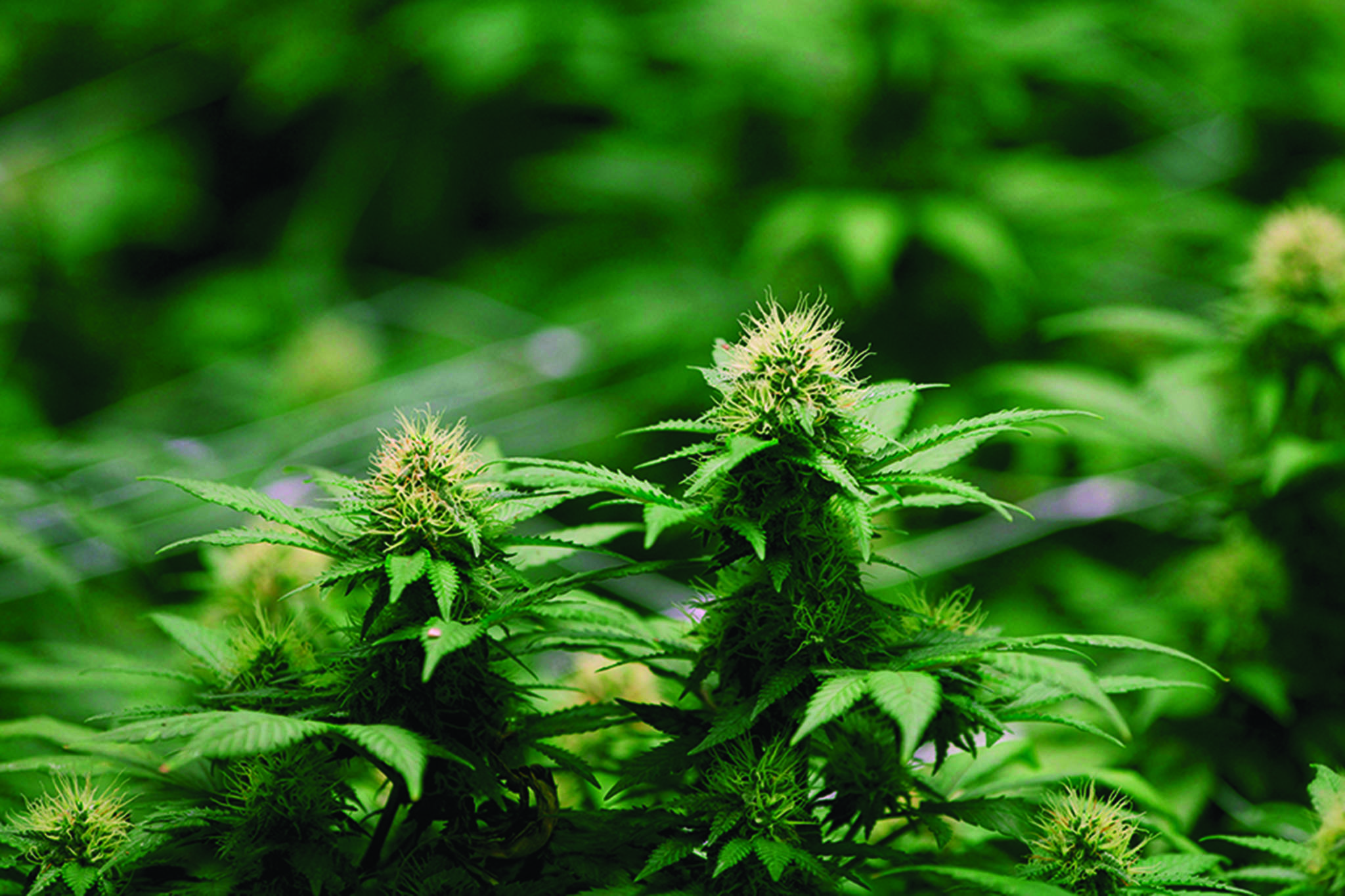Canadians struggling with pain and other medical issues are meeting systemic barriers when trying to use medical-grade cannabis, forcing them to turn to the recreational market and sparking advocates to call for reform by government.
According to survey results released to Canadian Evergreen by Medical Cannabis Canada, only one-in-three Canadians who are using cannabis for a medical purpose have a “medical document” – a form required by law to access medical cannabis which is similar to a prescription from a health care practitioner.
The majority of patients who have never had a medical document reported to Medical Cannabis Canada that they sought medical guidance from friends and family, looked online, or visited retail salespeople or “budtenders” at recreational cannabis stores.
Only a small proportion of these patients have spoken to a health care practitioner about potential drug interactions with cannabis, according to the survey.
There are a number of reasons those medicating with cannabis aren’t utilizing the legal medical cannabis system, the survey suggests.
ALSO READ: Cannabis could be a useful form of harm reduction for addicted youth
Eighty-three per cent of survey respondents said they feel there is stigma among traditional medical practitioners surrounding medical cannabis use, while 57 per cent said they struggled to find a health care practitioner to speak to about getting a medical document.
Sixty per cent said they have to access medical cannabis from the unregulated market because the regulated system poses too many challenges, such as cost, barriers to obtaining a medical document, and difficulty navigating the system.
Max Monahan-Ellison, Medical Cannabis Canada board member, said the crux of the access is that there is little incentive to request a medical document or use the legal medical channel – sadly leaving many managing their treatment alone.
Some research from Canadian health experts suggest that cannabis could help in alleviating the opioid crisis, which has wreaked havoc on British Columbia since illicit fentanyl widely hit the streets in 2016.
One-in-four survey respondents told Medical Cannabis Canada that increased medical cannabis use decreased reliance on opioid pain relievers – but 36 per cent said barriers to accessing medical cannabis led them to return to opioid medications.
Advocates are now calling on the government to address two key issues: Widen the pharmacy distribution of medical-grade cannabis – including allowing pharmacists to prescribe cannabis – and improve the affordability by eliminating excise duty and pushing for prescription cannabis to be covered under extended benefits plans.
“It is essential for Canadians to have access to support from health care professionals to help them navigate medical cannabis safely and effectively,” Monahan-Ellison said.
The survey polled 1,000 medical cannabis patients from July 28 to Aug. 1.
Medical Cannabis Canada, formerly called Canadians for Fair Access to Medical Marijuana, is a national non-profit patient advocacy organization whose focus is to increase access to safe, equitable treatment with the support of health care professionals.
@ashwadhwani
ashley.wadhwani@bpdigital.ca
Like us on Facebook and follow us on Twitter.

